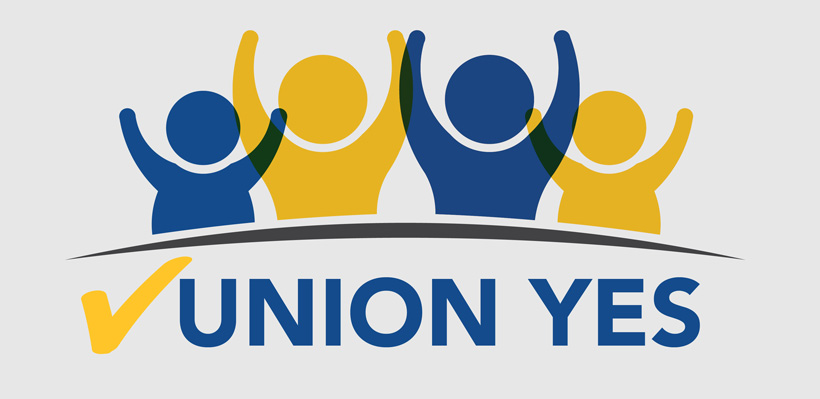
With the increased use of social media and text messaging, cyberbullying is an increasing problem in today’s society. More than one-fifth of young Canadians have experienced cyberbullying, Statistics Canada reports.
With cyberbullying, there are no safe zones. Even at home, there is no escape because the abuse, name-calling, harassment, mean or untrue messages, harmful rumours continues online where young people spend so much time.
Cyberbullying is intensified when classmates or co-workers ‘like’ or share negative attacks. The effects on the victim are great, leaving them feeling harassed, humiliated and threatened, and add to their isolation and despair.
Tips for Youth Facing Cyberbullying
- Keep your social accounts secure by not accepting friend invites/opening emails/corresponding with strangers online.
- Add to the security of your social accounts by not sharing your passwords, even with close friends. Ensure your passwords are difficult so no one will guess them.
- If someone is targeting you, cease contact with them and block them from your social accounts. Don’t try to communicate or reason with them.
- Save the messages, or screenshot the posts they are directing at you. Safely document everything, including times and contents of posts.
- Tell trusted adults (parents or teachers) as soon as possible.
- Change your social accounts.
Tips for Parents and Guardians
- Educate your child about cyberbullying, using examples of stories you have read/heard about.
- Inform them about internet safety: having difficult passwords, not messaging/accepting friend invites from strangers, having privacy settings and not sharing passwords.
- Help them be good people online, treating others with respect and dignity as they would like to be treated. Inform them to think carefully before they post something.
- Ensure they feel safe and comfortable talking to you about online bullying and assure them they will not loose access to their device.
- If you notice your child has been behaving differently, is more moody or depressed, talk to them to find out what is going on and who may be involved.
- If you see social media posts, take screenshots and save messages/images to report to school or if necessary, police officials.
- Most importantly, be there for your child and let them know you are there to help.
Sources & Resources
PREVNet: http://www.prevnet.ca/
Government of Canada: https://www.getcybersafe.gc.ca/cnt/cbrbllng/prnts/prvnt-cbrbllng-eng.aspx
Canadian Centre for Child Protection: www.needhelpnow.ca
Kids Help Phone: 1-800-668-6868
Red Cross Canada: http://www.redcross.ca/how-we-help/violence--bullying-and-abuse-prevention/educators/bullying-and-harassment-prevention/cyberbullying









